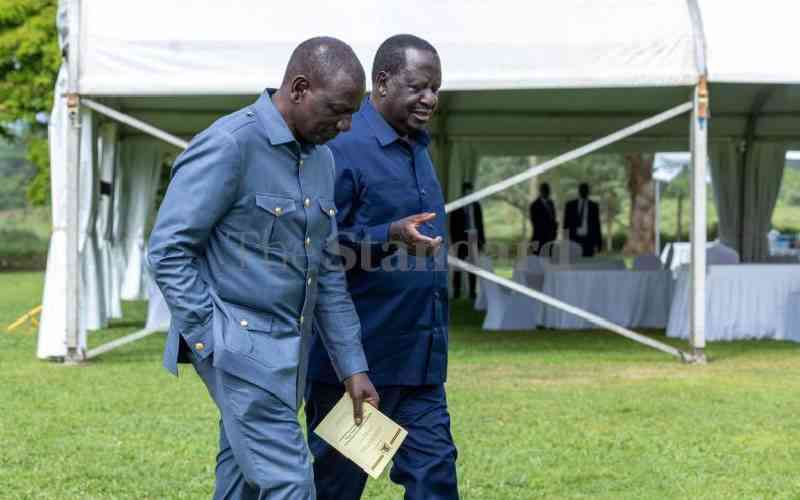×
The Standard e-Paper
Home To Bold Columnists

The recent ruling by the High Court temporarily stopping the audit of the 2022 presidential election as proposed by the National Dialogue Committee (Nadco) threatens to thwart the entire process.
For months, Raila Odinga's Azimio la Umoja-One Kenya fought Kenya Kwanza's reluctance to have the issue included in the talks' agenda. When they eventually agreed to include it, Azimio saw it as a major win for them.